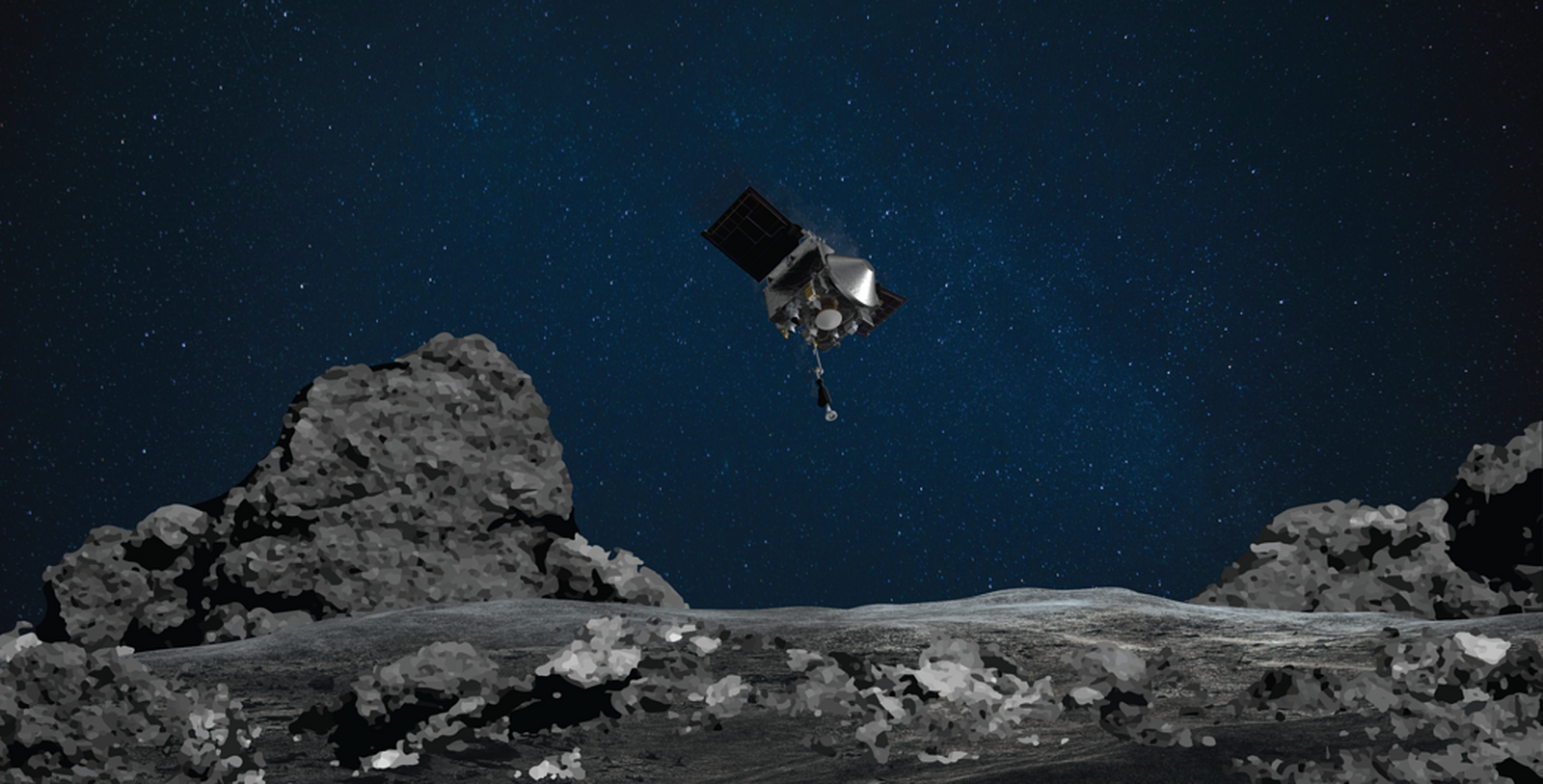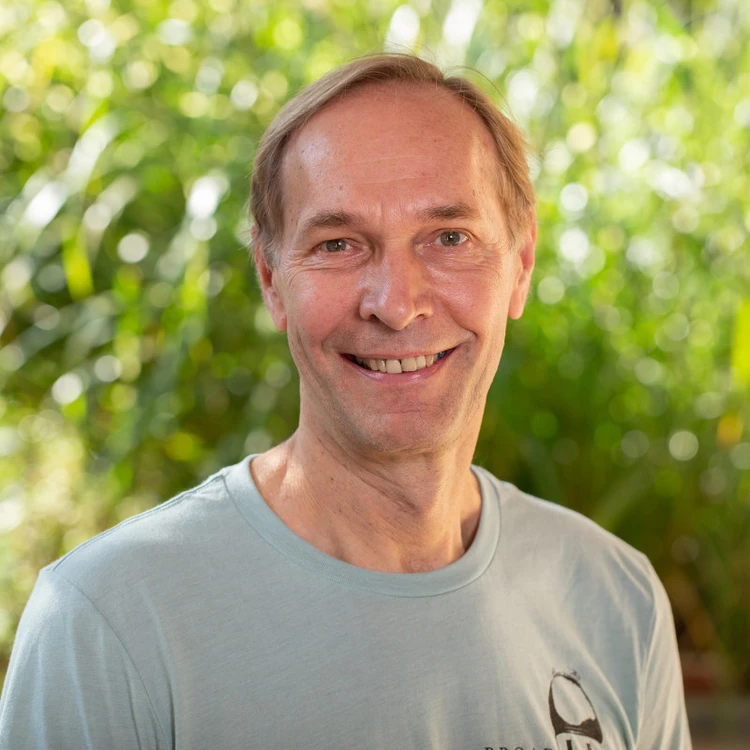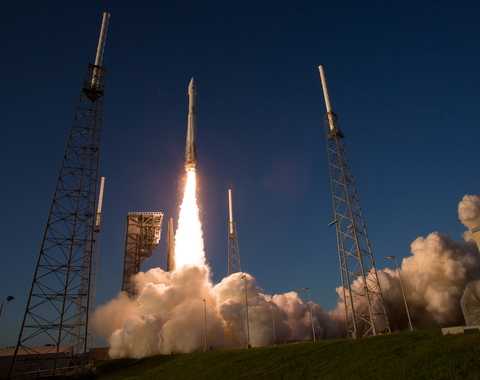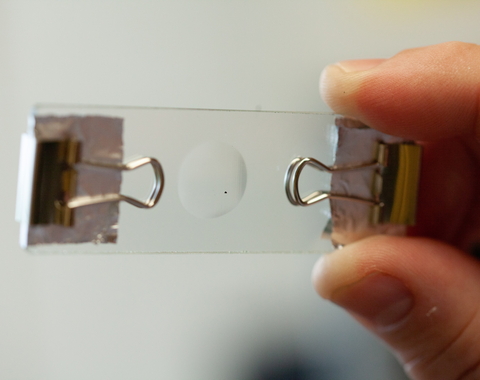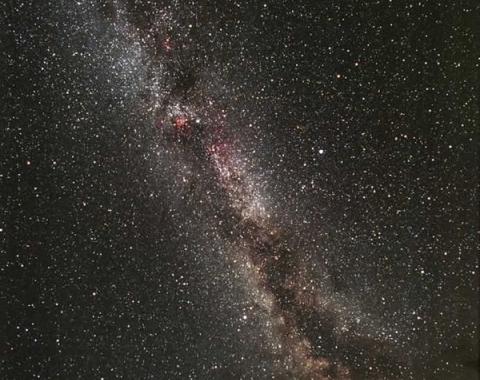Blast off with the Earth and Planets Laboratory
Join the Carnegie Science Earth and Planets Laboratory (EPL) for a talk with Staff Scientist Dr. Conel Alexander entitled "A new golden age for sample return missions." The free public lecture will take place on April 27, 2023, as a part of our ongoing Neighborhood Lecture Series.
The presentation will begin at 6:30 PM EST in the Greenewalt Auditorium of the Carnegie Institution for Science’s Broad Branch Road Campus in NW, Washington, DC. Doors open at 6:00 PM EST. There will be light refreshments from 6-6:30 PM EST.
Can't attend in person? Register for both in-person and virtual tickets via Eventbrite.
RSVP to attend this event Support our science
As a cosmochemist and expert in studying the compositions of asteroids, comets, and meteorites, Dr. Alexander will share insights into the secrets of our Solar System's origins. His work in this field has helped answer some of the most significant questions about life on Earth, such as "How did Earth get its water?" and "Where did organic molecules originate?"
During the talk, attendees will get firsthand updates on recent sample return missions from space and learn how they are enabling a new era of discovery. Dr. Alexander will discuss the Osiris Rex mission, set to bring back samples from the asteroid Bennu in 2023, and the successful Hayabusa II mission, which already returned samples from the asteroid Ryugu.
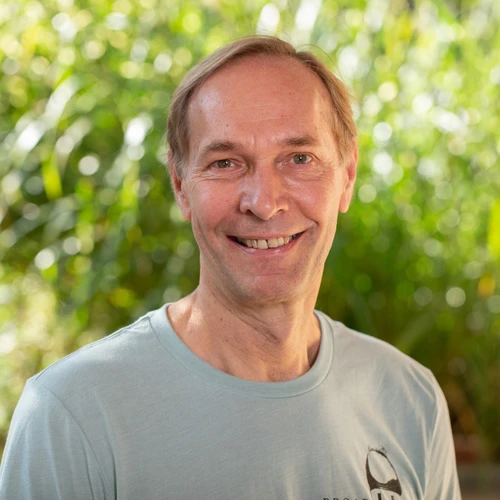
Meet Conel Alexander
Some 40 thousand tons of extraterrestrial material fall on Earth every year. This cosmic debris provides cosmochemist Conel Alexander with information about the formation of the Solar System, our galaxy, and perhaps the origin of life.
Dr. Alexander studies meteorites to determine what went on before and during the formation of our Solar System. Meteorites are fragments of asteroids—small bodies that originated between Mars and Jupiter—and are likely the last remnants of objects that gave rise to the terrestrial planets. Recently, space return missions like NASA's OSIRIS-REX and JAXA's Hayabusa II are going to the source—allowing Alexander and scientists like him to access pristine samples directly from the asteroids themselves!
Dr.Alexander develops techniques to measure precisely the different isotopes, atoms of the same element with different numbers of neutrons, of potassium, iron, magnesium, and oxygen in meteorite samples. His other major interest is presolar materials preserved in meteorites. These include the tiny grains that emerged around dying stars and interstellar organic matter.
By deciphering these relics, he hopes to understand the processes of galaxy evolution, the formation of the elements inside stars via nucleosynthesis, and stellar evolution.
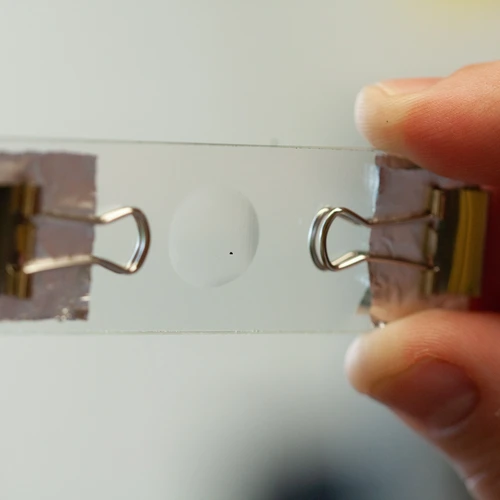
Space samples on campus
In addition to discussing the latest developments in sample return missions, attendees will also learn about the exciting research taking place at the Earth and Planets Laboratory. In particular, researchers at EPL are already studying the samples returned by the Hayabusa II mission from the asteroid Ryugu, which provide invaluable insights into the composition and history of our Solar System. Through advanced laboratory techniques, including microanalytical methods and high-resolution imaging, EPL scientists are gaining new understanding about the processes that shaped our planet and others in the Solar System
Learn moreKeep Reading
FAQ
This talk is a part of EPL’s continuing Neighborhood Lecture Series aimed at connecting the local Washington, D.C. community of science enthusiasts with the research happening right here in your neighborhood!
The talk will be held in the Greenewalt Building auditorium on the Carnegie Institution for Science's Broad Branch Road Campus. Refreshments will likely take place on the outdoor patio.
Address: 5241 Broad Branch Rd NW, Washington, DC 20015
Once you're on campus, look for the building with the patio next to the building that looks like a giant water tower.
Maps and directions
It's easy to join us over Zoom or tune in via our YouTube stream.
RegisterSpace is limited, and early registration helps us get an accurate count of who is going to attend before the event.
When you register online and share your email address, it also allows us to stay in touch with you with important updates and potential changes, like cancellation, before the presentation.
Rest assured that we do not share your email address with any external partners. Click here to view our privacy policy.
If you do not want to register online, we are happy to add you to our list via email or phone. To do this, please contact our events coordinator, Alycia Alexander.
The Earth and Planets Laboratory is a division of the Carnegie Institution for Science, an independent research institution dedicated to providing our scientists with the flexibility to follow their ideas and discoveries, seize opportunities, and define new fields of investigation. At the Earth and Planets Laboratory, we work at the frontier of human knowledge. We discover new worlds, create new materials, illuminate the inner workings of our planet, and seek to understand the universe that is our home.
We're proud to provide professional ASL interpretation services for these public science events. If you require this service, please make a request before your arrival on-site so that we can set things up for you.
Simply email our events coordinator Alycia Alexander (adalexander@carnegiescience.edu) to make your request.
There will be closed captioning available via Zoom for virtual attendees.
We request indoor mask-wearing to ensure the safety of our staff and guests.
